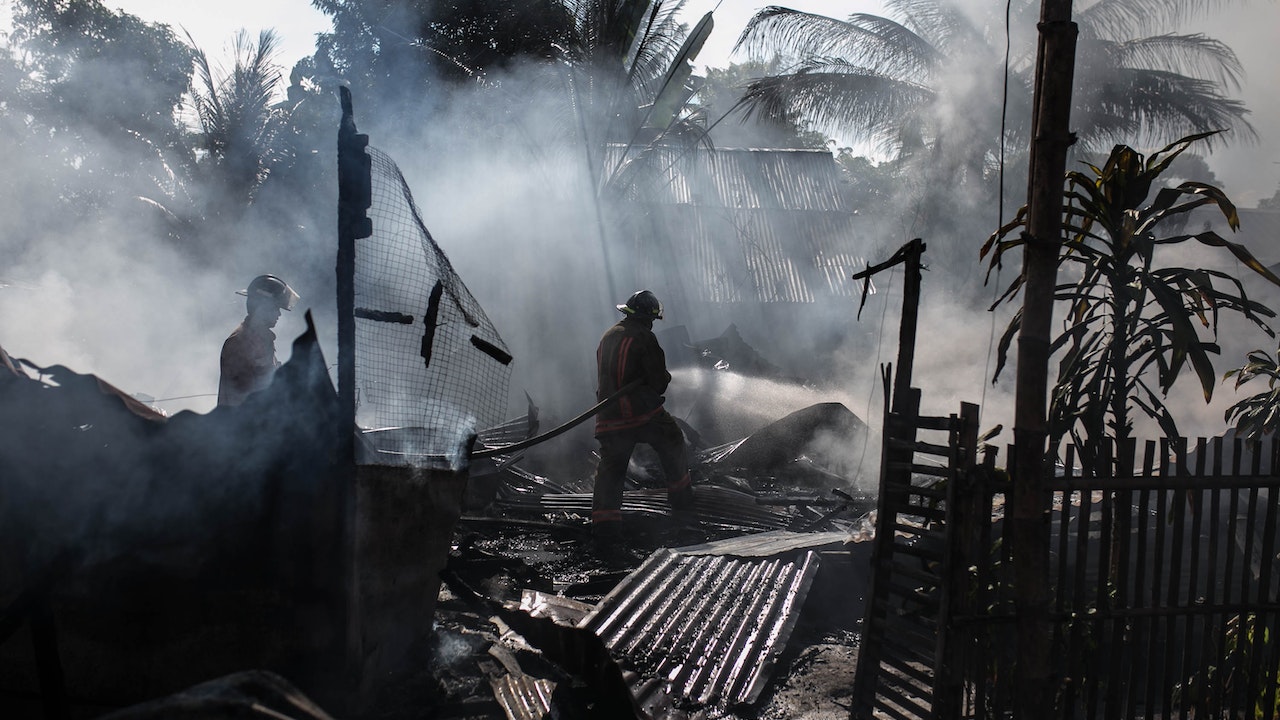World Bank approves $160 million loan to Costa Rica for Disaster Risk Reduction

The World Bank’s Board of Executive Directors today approved a $160 million loan to strengthen the Costa Rican government’s ability to manage risk resulting from natural and pandemic-related hazards, including the adverse effects of climate change and disease outbreaks.
The second Disaster Risk Management Development Policy Loan with a Catastrophe Deferred Drawdown Option (Cat DDO) will enable the country to secure readily available financial resources in the event of major disasters.
“This loan is a recognition of the remarkable progress that Costa Rica has made in disaster risk management. The possibility of having immediate access to financial resources in order to effectively respond to disaster situations will allow us to deal with an emergency without having to redirect resources already earmarked for social and development investments. This helps build the country’s financial resilience to these events and strengthen its fiscal stability in general,” said Nogui Acosta Jaén, Minister of Finance of Costa Rica.
This project is the second World Bank loan in support of Costa Rica’s disaster risk reduction program. As a policy instrument, the first contingency loan, which was approved in 2008 for US$65 million and closed in 2017 after two renewals, provided a solid foundation for disaster risk management in the country by guaranteeing the capital needed to respond to the emergencies that stemmed from the Chinchona earthquake (2009), Tropical Storm Nicole (2010), and Hurricane Otto (2016).
In recent years, Costa Rica has made strides in strengthening its institutions and legal framework and has mainstreamed disaster risk management into its national development program. Achievements include the approval of the first disaster risk financial strategy and the development of plans in different sectors, for example, for the inclusion of resilience criteria in the implementation of transport infrastructure. The country has also made progress with respect to its building codes, environmental and climate change adaptation regulations, and land use planning.
This loan supports policy actions for the implementation of reforms that ensure the ongoing strengthening of this institutional framework for disaster resilience and climate change adaptation, with a focus on inclusion, territorial capacity, and risk financing.
“The World Bank aims to help Costa Rica access the liquidity needed to provide timely assistance to populations affected by a disaster, especially the poorest and most vulnerable, who have very limited capacity to cope with the loss of housing, livelihoods, and access to basic services,” said Carine Clert, World Bank Country Manager for Costa Rica and El Salvador. “We are confident that, with this support, we can address the inequities that put women, rural populations, Indigenous Peoples, and Afro-descendants at greater risk of adverse impacts from natural events and health emergencies.”
Costa Rica is highly vulnerable to a host of threats, including earthquakes, volcanic eruptions, epidemics, wildfires, landslides, and urban, riverine, and coastal floods, which are increasing in severity as a result of climate change. This operation serves as bridge financing that can be partially or fully disbursed once a state of emergency has been declared for these types of disasters, thereby allowing the country to continue its development programs while funds from other sources are being mobilized to respond to an emergency.
The Cat DDO is a flexible loan with a three-year drawdown period that may be renewed up to four times. Repayment terms are linked to drawdowns, including a 3.5-year grace period and a repayment period of 19 years.
ALSO READ
World Bank Secures $700 Million for Pakistan's Economic Stability
World Bank Approves $50m Project to Accelerate Sri Lanka’s Digital Transformation
World Bank Boosts Pakistan's Economic Stability with $700 Million Initiative
World Bank Group Approves Innovative Financing to Strengthen Panama’s Economy
World Bank Approves $300m to Improve Gas Subsidy Targeting and Protect Families










